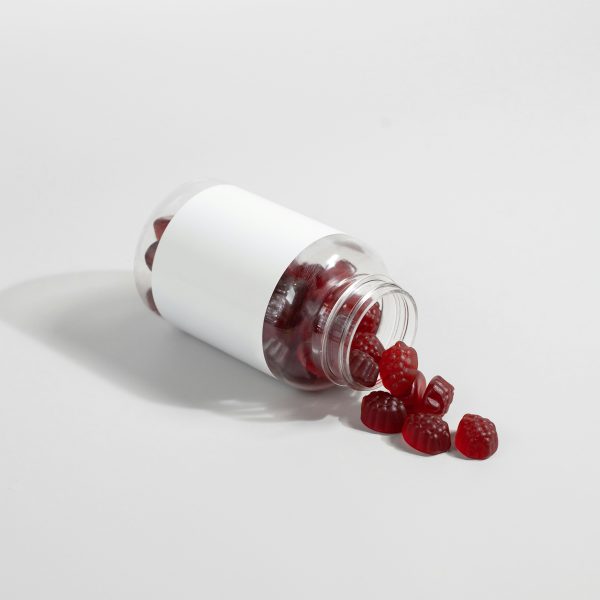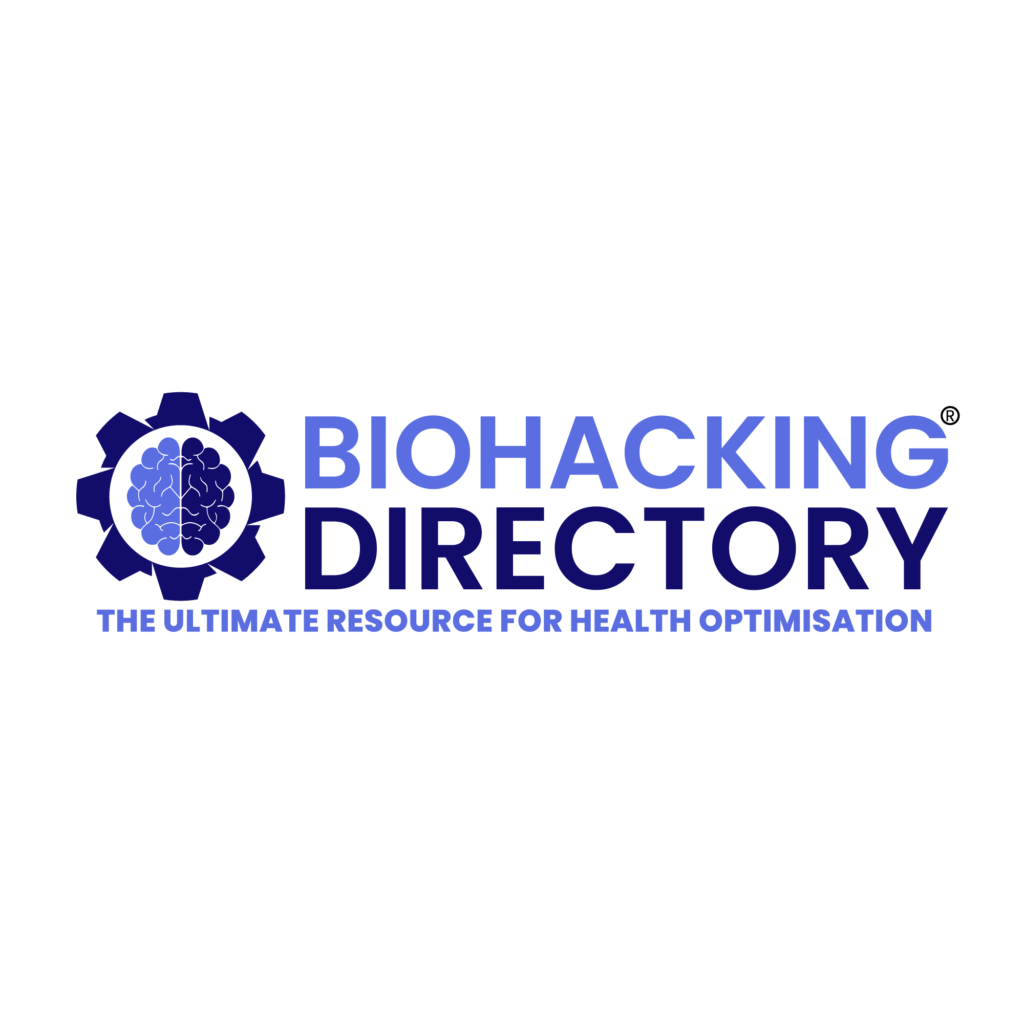Ageing, stress, and lifestyle choices can take a toll on our skin and joints. But what if you could support them from within? Collagen and hyaluronic acid are two powerhouse supplements that biohackers and health enthusiasts swear by. From youthful skin to pain-free movement, these compounds play a crucial role in maintaining overall wellness. Let’s explore how they work, their benefits, and how you can use them effectively.
What is Collagen?
Collagen is the most abundant protein in the human body, making up a significant part of our skin, bones, tendons, and cartilage. It acts as a structural component, providing strength and elasticity. As we age, our body’s natural collagen production declines, leading to wrinkles, sagging skin, and joint discomfort.
Types of Collagen:
There are several types of collagen, but these are the most relevant for skin and joint health:
- Type I: Found in skin, tendons, and bones, it helps maintain skin firmness and elasticity.
- Type II: Primarily found in cartilage, it supports joint health and mobility.
- Type III: Common in skin and blood vessels, it helps maintain skin hydration and structure.
How Collagen Supplements Benefit the Body
Supplementing with collagen peptides or hydrolysed collagen can provide several benefits:
- Improves skin elasticity and hydration: Collagen helps retain moisture, reducing wrinkles and fine lines.
- Enhances joint health: It supports cartilage, reducing pain and stiffness in joints.
- Promotes hair and nail growth: Collagen strengthens keratin, leading to healthier hair and nails.
- Supports gut health: Some evidence suggests that collagen helps strengthen the gut lining, improving digestion.
What is Hyaluronic Acid?
Hyaluronic acid (HA) is a naturally occurring molecule in the body, known for its ability to retain moisture. It plays a critical role in skin hydration and joint lubrication. A single gram of HA can hold up to six litres of water, making it an essential component for plump, youthful skin and smooth joint function.
How Hyaluronic Acid Supplements Benefit the Body
- Taking hyaluronic acid orally or applying it topically can provide numerous advantages:
- Boosts skin hydration: HA attracts and retains moisture, reducing dryness and promoting a dewy complexion.
- Reduces fine lines and wrinkles: By keeping skin hydrated, HA minimises signs of ageing.
- Supports joint lubrication: It helps maintain synovial fluid, reducing friction between joints.
- Speeds up wound healing: HA plays a role in tissue repair and inflammation reduction.
Collagen vs. Hyaluronic Acid: Which One Do You Need?
- Both collagen and hyaluronic acid are essential for skin and joint health, but they serve different purposes:
- Collagen provides structural integrity to skin and joints, keeping them firm and resilient.
- Hyaluronic Acid focuses on hydration and lubrication, ensuring moisture retention and smooth movement.
- For optimal results, many people take both supplements together, as HA helps collagen function more effectively.
How to Use Collagen and Hyaluronic Acid Supplements
To maximise their benefits, follow these guidelines:
Choosing the Right Supplements:
- Collagen: Look for hydrolysed collagen peptides, which are easier for the body to absorb.
- Hyaluronic Acid: Choose supplements with low molecular weight HA for better absorption.
- Combination Supplements: Some formulations combine collagen, HA, and vitamin C for enhanced effectiveness.
Dosage Recommendations:
- Collagen: 5-15 grams per day is generally recommended for skin and joint support.
- Hyaluronic Acid: 120-240 mg per day is commonly used for joint health and hydration.
- Vitamin C: Helps boost collagen production, so pair it with your collagen supplement.
Best Time to Take Them:
- Morning: On an empty stomach for better absorption.
- Post-Workout: To support muscle and joint recovery.
- Before Bed: Some prefer taking collagen at night to support overnight repair processes.
Natural Sources of Collagen and Hyaluronic Acid
- While supplements are convenient, you can also boost your intake through food:
- Collagen-Rich Foods: Bone broth, fish skin, egg whites, and lean meats.
- Hyaluronic Acid-Rich Foods: Bone broth, organ meats, root vegetables, soy-based products, and citrus fruits.
Potential Side Effects and Considerations
- Although collagen and hyaluronic acid are generally safe, some people may experience mild side effects such as:
- Digestive discomfort: Some individuals may have bloating or upset stomach when first taking collagen.
- Allergic reactions: Those with fish, egg, or shellfish allergies should check ingredient labels.
- Water retention: HA’s moisture-retaining properties can sometimes cause temporary puffiness.
- Consult a healthcare professional before starting any new supplement, especially if you have pre-existing health conditions.
Conclusion
Collagen and hyaluronic acid are two powerful supplements that can significantly improve skin hydration, elasticity, and joint function. Whether you want youthful skin, stronger joints, or overall better well-being, incorporating these supplements into your routine can be a game-changer. As with any biohacking approach, consistency is key, so give your body time to respond and enjoy the benefits.
References:
- National Institutes of Health – Collagen and Skin Health https://pmc.ncbi.nlm.nih.gov/articles/PMC8825692/
- Journal of Clinical Medicine – Hyaluronic Acid and Joint Health







